Home>Home Appliances>Laundry Appliances>New LG Washing Machine Making Noise When Spinning
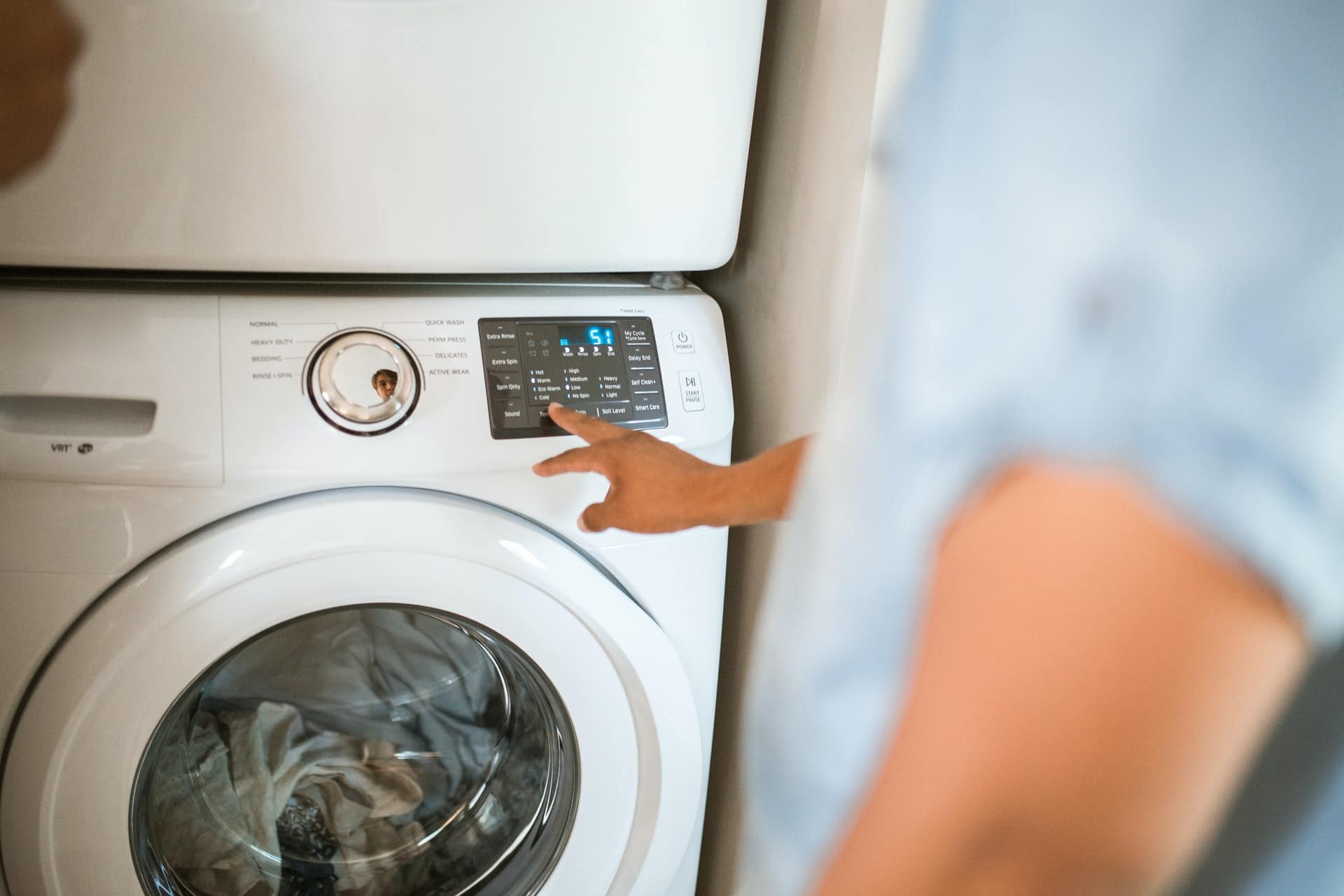

Laundry Appliances
New LG Washing Machine Making Noise When Spinning
Modified: March 19, 2024
Discover solutions for your noisy LG washing machine when spinning. Get expert tips to troubleshoot laundry appliance issues and restore peace and quiet to your home.
(Many of the links in this article redirect to a specific reviewed product. Your purchase of these products through affiliate links helps to generate commission for Storables.com, at no extra cost. Learn more)
Possible Reasons for the Noise
-
Unbalanced Load: An unbalanced load inside the washing machine drum can cause excessive vibration and noise during the spin cycle. This often occurs when heavy items like towels or bedding are not evenly distributed around the drum.
-
Worn Out Drum Bearings: Over time, the drum bearings can wear out, leading to a loud grinding or rumbling noise when the machine is in operation. This issue is more common in older washing machines and may require professional intervention to replace the worn bearings.
-
Loose or Worn Drive Belt: A loose or worn drive belt can result in a squealing or rattling noise during the spin cycle. This component is responsible for transferring power from the motor to the drum, and any damage or wear can lead to disruptive sounds.
-
Faulty Shock Absorbers: The shock absorbers in a washing machine are designed to minimize movement and stabilize the drum during operation. If these components become damaged or worn, they may fail to dampen the vibrations effectively, resulting in increased noise levels.
-
Foreign Objects in the Drum: Small items such as coins, buttons, or debris left in pockets can become lodged in the drum's crevices, causing a rattling or clunking noise during spinning. These foreign objects can also damage the drum and other internal components if not promptly removed.
-
Worn Motor Coupling: The motor coupling connects the washer's motor to the transmission. Over time, this component can wear out, leading to a loud banging or clunking noise during the spin cycle.
-
Malfunctioning Water Inlet Valve: If the water inlet valve is not functioning correctly, it can lead to water pressure issues, causing the machine to make unusual noises during operation.
Identifying the potential reasons for the noise in your LG washing machine is the first step toward resolving the issue. By understanding these common culprits, you can take the necessary steps to troubleshoot and address the problem effectively.
Key Takeaways:
- Troubleshoot LG washing machine noise by checking load balance, drum bearings, drive belt, shock absorbers, foreign objects, motor coupling, and water inlet valve. Regular maintenance prevents noise issues.
- Contact LG customer service with model and serial number, detailed noise description, and maintenance history for efficient troubleshooting and potential warranty coverage.
Read more: Washer Makes Noise When Agitating
Troubleshooting Steps
When your LG washing machine starts making unusual noises during the spinning cycle, it's essential to take proactive measures to diagnose and address the underlying issues. By following these troubleshooting steps, you can effectively identify and resolve the source of the noise, restoring your appliance to smooth and quiet operation.
-
Check for an Unbalanced Load: Start by ensuring that the laundry load is evenly distributed inside the drum. Reorganize bulky items such as towels or bedding to achieve a balanced arrangement. Avoid overloading the machine, as this can lead to imbalance and excessive noise during spinning.
-
Inspect the Drum Bearings: If the noise persists, it may indicate worn-out drum bearings. To inspect this component, rotate the drum by hand. If you notice resistance, grinding, or a rumbling sensation, it's likely that the bearings require replacement. Consider seeking professional assistance to address this issue effectively.
-
Examine the Drive Belt: A loose or worn drive belt can contribute to disruptive noises during the spin cycle. Carefully inspect the belt for signs of wear, fraying, or looseness. If any issues are detected, consult the user manual for guidance on adjusting or replacing the drive belt.
-
Assess the Shock Absorbers: Check the condition of the shock absorbers, ensuring that they are intact and functioning as intended. Damaged or worn shock absorbers can lead to increased vibration and noise. If necessary, consider replacing these components to restore stability during operation.
-
Remove Foreign Objects: Inspect the drum for any foreign objects such as coins, buttons, or debris that may be causing the noise. Clearing the drum of these items can eliminate disruptive sounds and prevent potential damage to internal components.
-
Evaluate the Motor Coupling: If the noise persists, the motor coupling may be the culprit. Examine this component for signs of wear or damage. Any abnormalities should prompt consideration for a replacement to ensure smooth and quiet operation.
-
Check the Water Inlet Valve: A malfunctioning water inlet valve can lead to water pressure irregularities, resulting in unusual noises during operation. Verify the proper functioning of this valve and address any issues that may be affecting water flow and pressure.
By systematically troubleshooting these potential sources of noise in your LG washing machine, you can identify and address the underlying issues, restoring the appliance to optimal performance. If the noise persists despite these efforts, consider seeking professional assistance to diagnose and resolve the problem effectively.
Maintenance Tips
Regular maintenance is essential for preserving the performance and longevity of your LG washing machine. By incorporating these maintenance tips into your routine, you can mitigate potential issues and ensure that your appliance operates smoothly and quietly for years to come.
-
Clean the Drum and Gasket: Periodically clean the interior of the washing machine drum and the door gasket to prevent the accumulation of dirt, detergent residue, and mold. Use a mild detergent and warm water to wipe down these areas, ensuring thorough cleanliness and odor prevention.
-
Inspect and Clean the Filter: Many LG washing machines are equipped with a filter to trap lint, debris, and foreign objects. Regularly check and clean this filter to prevent blockages and maintain optimal drainage during the wash and spin cycles.
-
Use the Right Detergent: Selecting the appropriate detergent for your washing machine is crucial for preventing buildup and maintaining optimal performance. Follow the manufacturer's guidelines for detergent usage and avoid overloading the machine with excessive detergent, which can lead to residue accumulation and potential issues.
-
Maintain Proper Leveling: Ensure that your washing machine is positioned on a level surface to prevent excessive vibration and noise during operation. Periodically check and adjust the leveling feet as needed to maintain stability and minimize disruptive movements.
-
Inspect Hoses and Connections: Regularly examine the inlet and outlet hoses for signs of wear, leaks, or blockages. Ensure that the connections are secure and free from damage to prevent water-related issues that can impact the machine's performance and contribute to noise during operation.
-
Address Unusual Sounds Promptly: If you notice any new or unusual noises during the washing machine's operation, address them promptly. Investigate the source of the noise and take appropriate action to prevent potential issues from escalating.
-
Perform Routine Maintenance Checks: Incorporate routine maintenance checks into your schedule to assess the overall condition of the washing machine. This includes inspecting components such as the drive belt, motor coupling, and shock absorbers for signs of wear or damage.
-
Follow Manufacturer Guidelines: Adhere to the manufacturer's recommended maintenance guidelines outlined in the user manual. This may include specific cleaning instructions, maintenance schedules, and tips for optimizing the performance of your LG washing machine.
By integrating these maintenance tips into your laundry appliance care routine, you can proactively preserve the efficiency and quiet operation of your LG washing machine. Regular upkeep and attention to detail can significantly reduce the likelihood of disruptive noises and ensure a seamless laundry experience.
Contacting LG Customer Service
In the event that troubleshooting efforts and maintenance measures do not resolve the noise issue with your LG washing machine, reaching out to LG's customer service is a proactive step towards finding a resolution. LG provides comprehensive customer support to address concerns and technical issues related to their appliances, including washing machines. When contacting LG customer service, it's essential to provide detailed information about the problem and your appliance to facilitate a swift and effective resolution.
Direct Communication Channels
LG offers multiple communication channels through which customers can seek assistance. These include:
-
Customer Service Hotline: LG's dedicated customer service hotline allows you to speak directly with a representative who can provide guidance and support for your washing machine concerns. The hotline is equipped to handle inquiries related to technical issues, warranty coverage, and service requests.
-
Online Support Portal: LG's official website features an online support portal where customers can access troubleshooting guides, product manuals, and frequently asked questions. Additionally, the portal may offer live chat support for real-time assistance.
-
Email Correspondence: Customers can also reach out to LG via email to detail their washing machine issues. This method allows for the submission of photographs or videos that may aid in diagnosing the problem effectively.
Read more: Washer Makes Noise When Spinning
Providing Essential Information
When contacting LG customer service, it's important to provide essential information to expedite the troubleshooting process. This includes:
-
Model and Serial Number: Have the model and serial number of your washing machine readily available. This information is crucial for identifying the specific product and its associated technical specifications.
-
Detailed Description of the Issue: Clearly describe the nature of the noise, when it occurs, and any relevant observations. Providing specific details can assist the customer service team in understanding the problem comprehensively.
-
Maintenance History: If you've performed any maintenance or troubleshooting steps, share this information with the customer service representative. It can offer valuable insights into the steps already taken to address the issue.
Warranty and Service Options
If your LG washing machine is covered by a warranty, customer service can guide you through the warranty claim process and advise on available service options. In cases where professional intervention is necessary, LG's service network can dispatch qualified technicians to inspect and repair the appliance, ensuring that it operates quietly and efficiently.
By effectively communicating with LG's customer service team and leveraging the available support channels, you can gain valuable assistance in resolving the noise issue with your washing machine. Whether it involves scheduling a service visit, seeking technical guidance, or exploring warranty coverage, LG's customer service is dedicated to addressing your concerns and ensuring the optimal performance of your appliance.
Frequently Asked Questions about New LG Washing Machine Making Noise When Spinning
Was this page helpful?
At Storables.com, we guarantee accurate and reliable information. Our content, validated by Expert Board Contributors, is crafted following stringent Editorial Policies. We're committed to providing you with well-researched, expert-backed insights for all your informational needs.


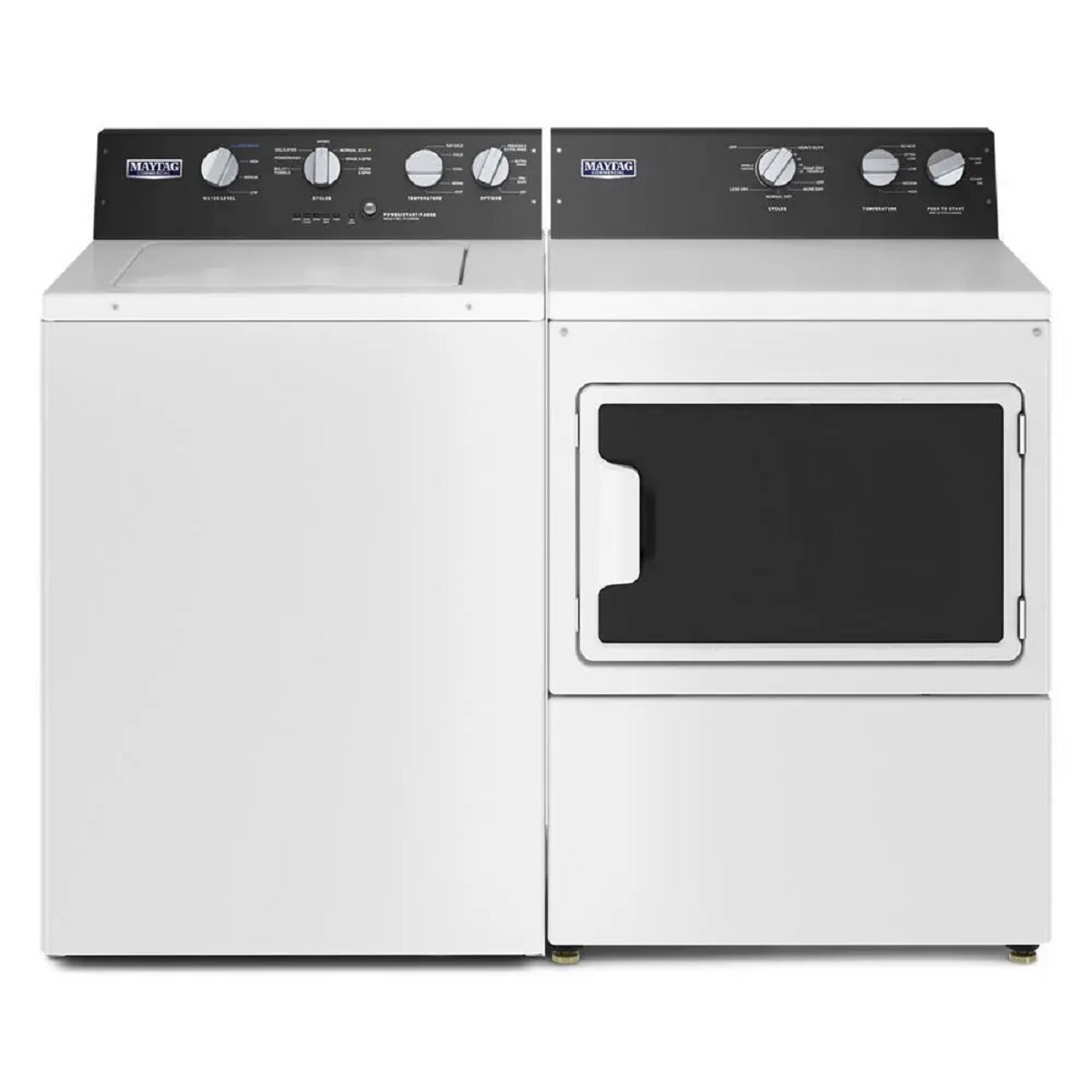
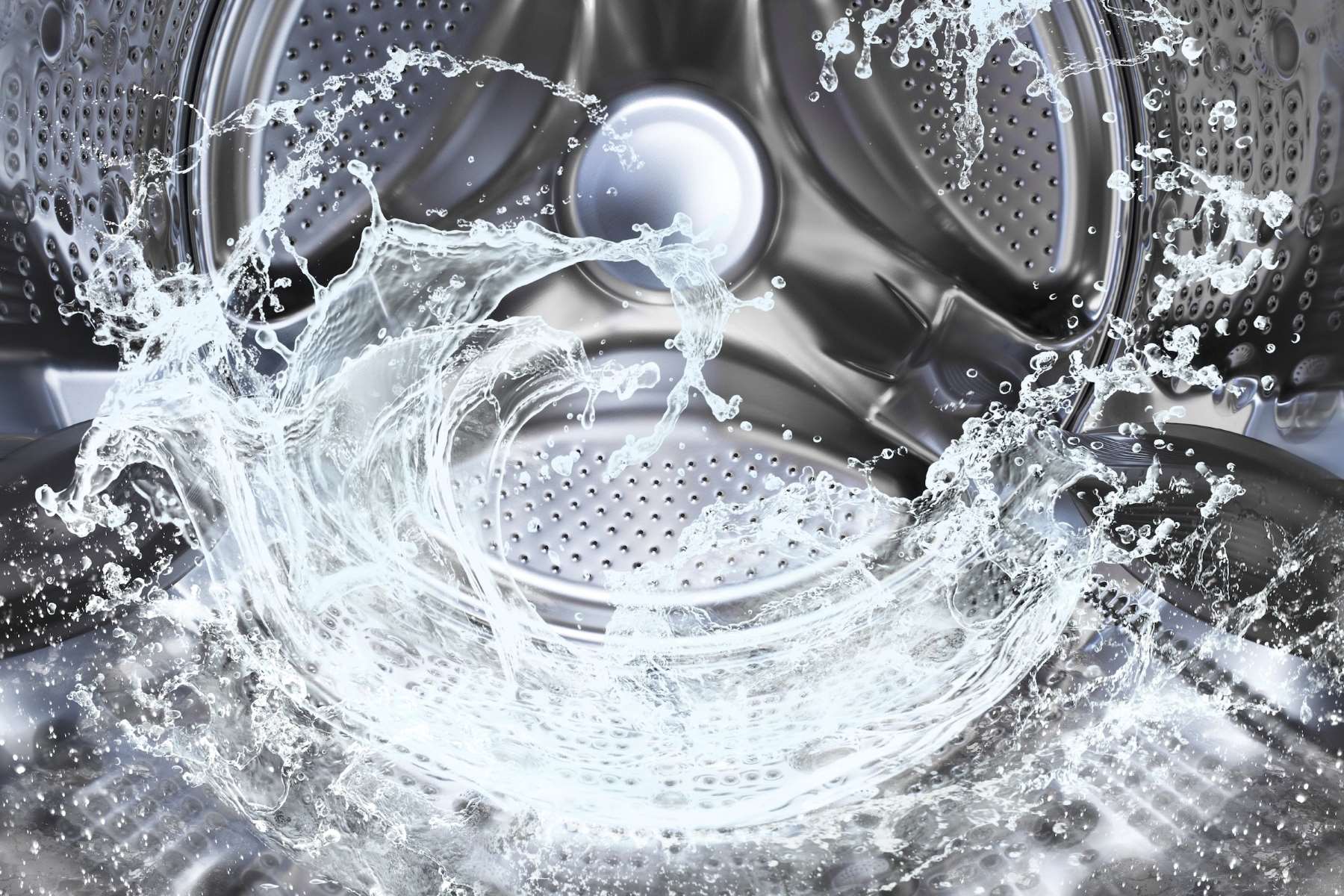

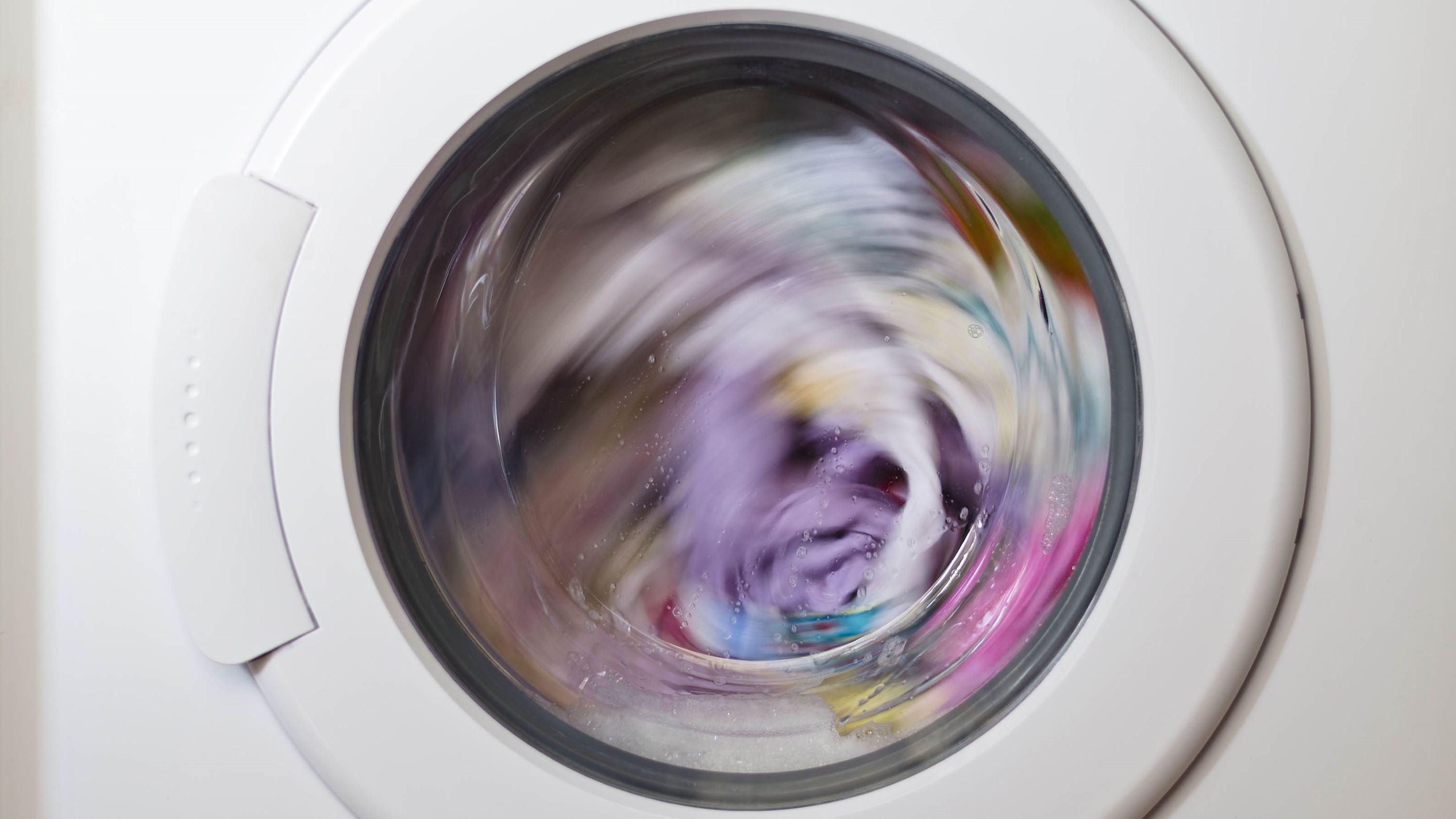
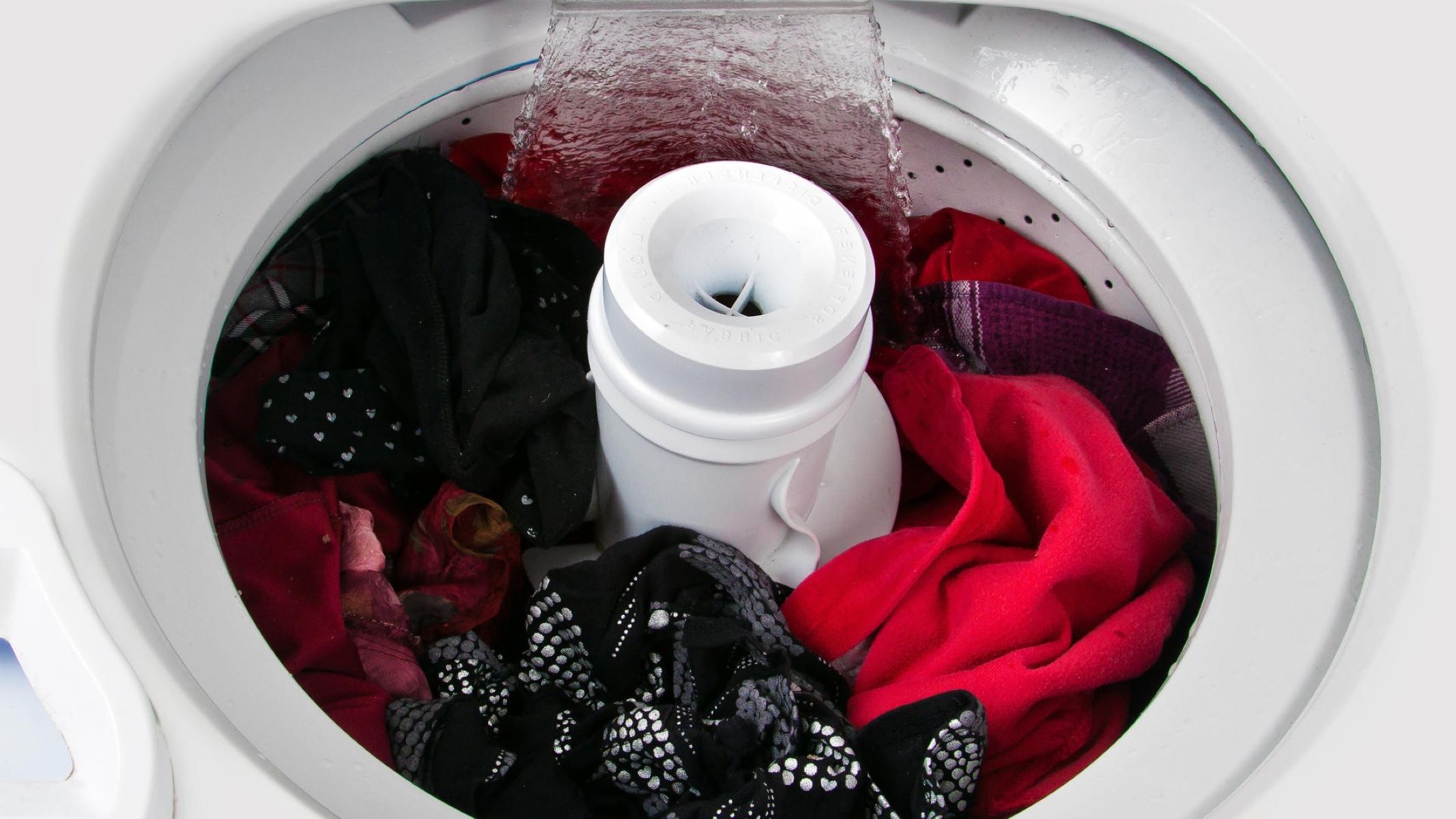


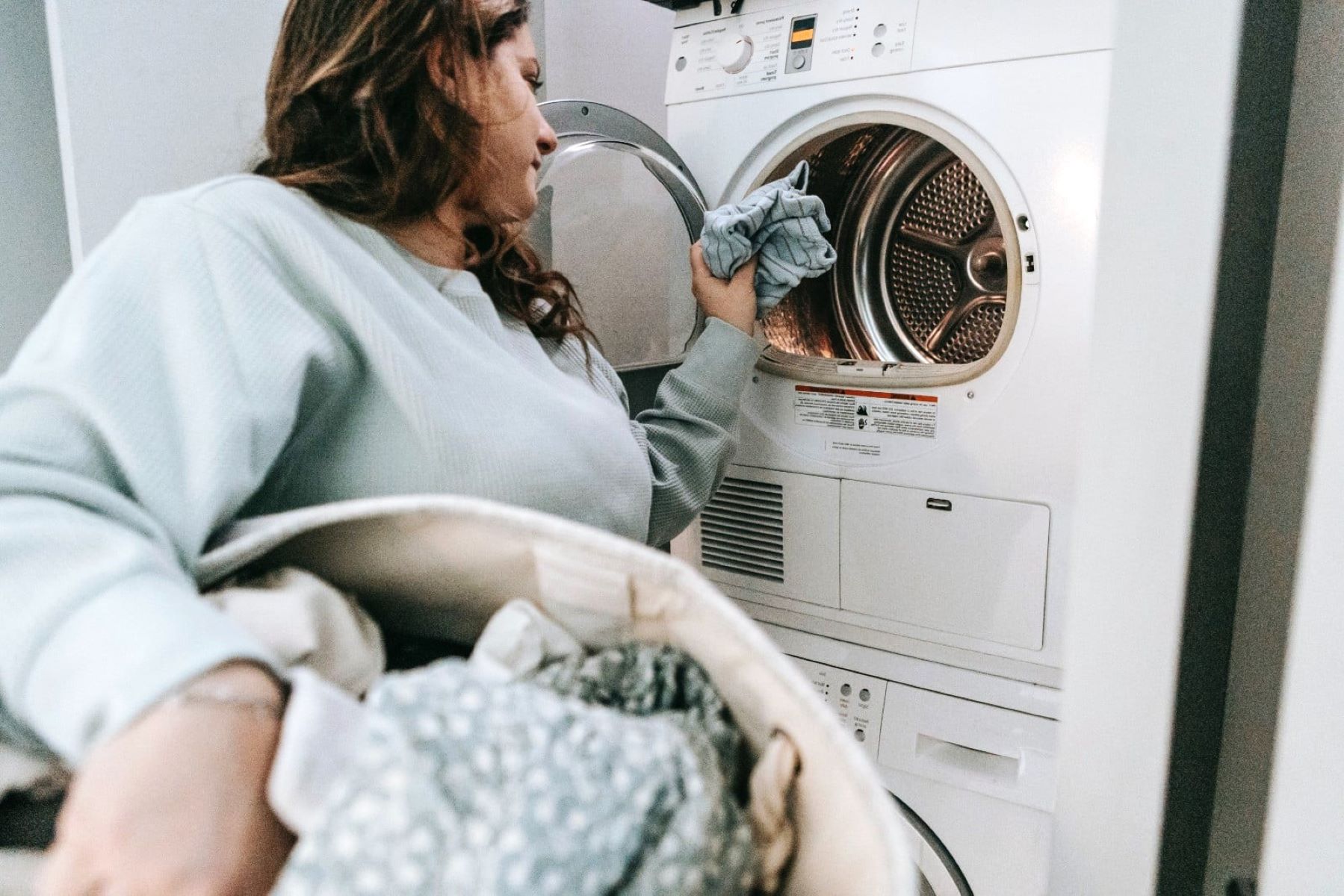


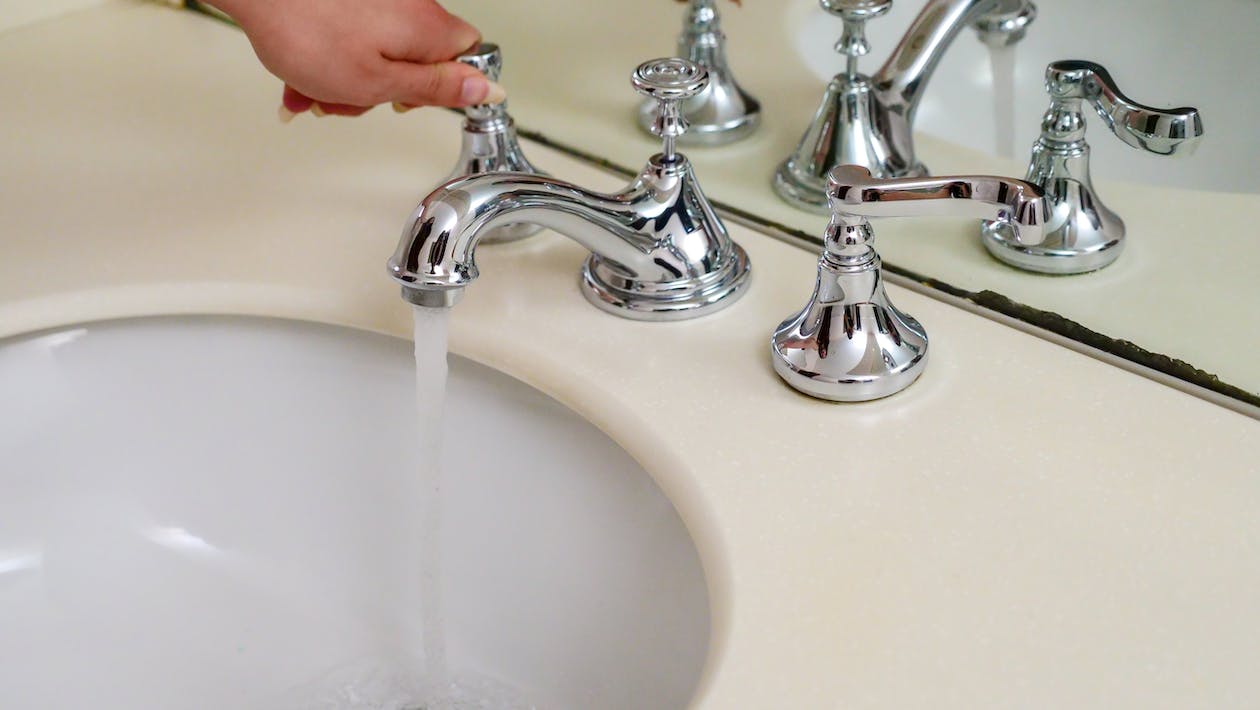
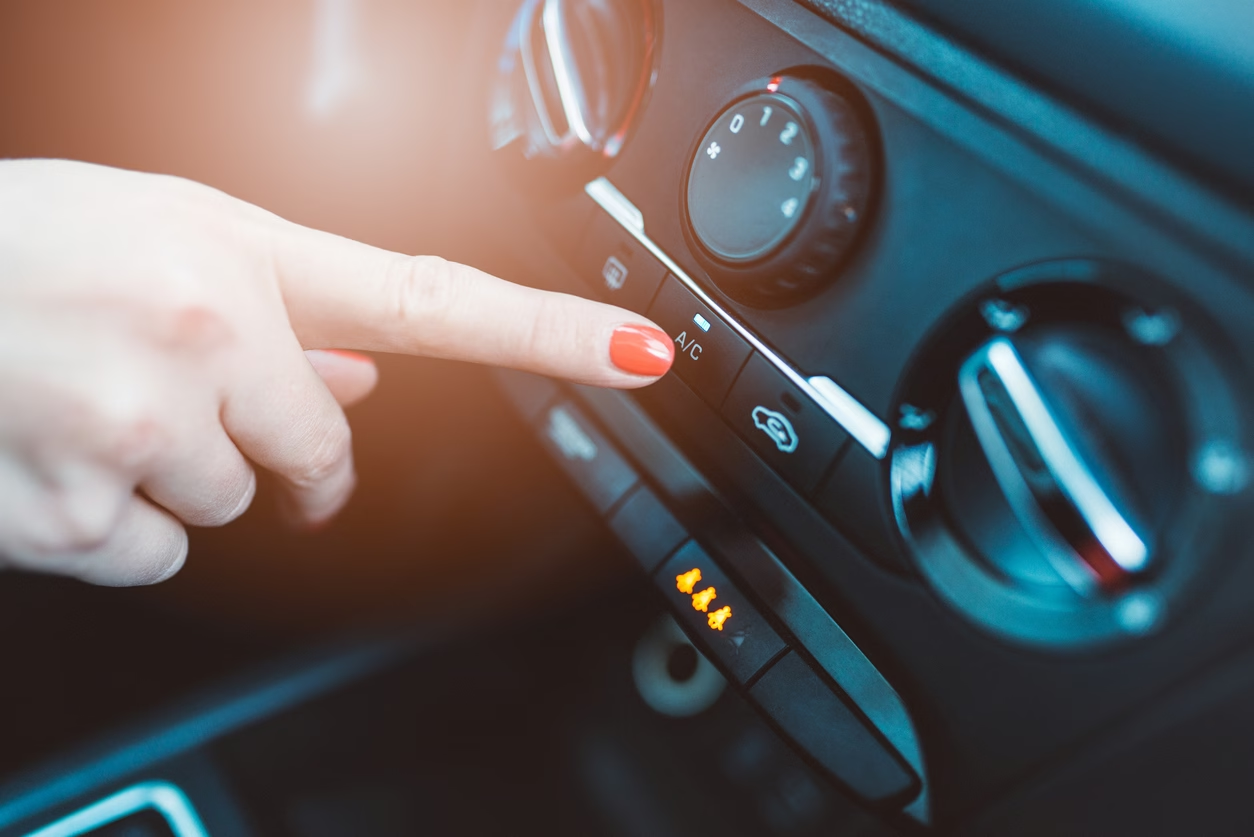

0 thoughts on “New LG Washing Machine Making Noise When Spinning”